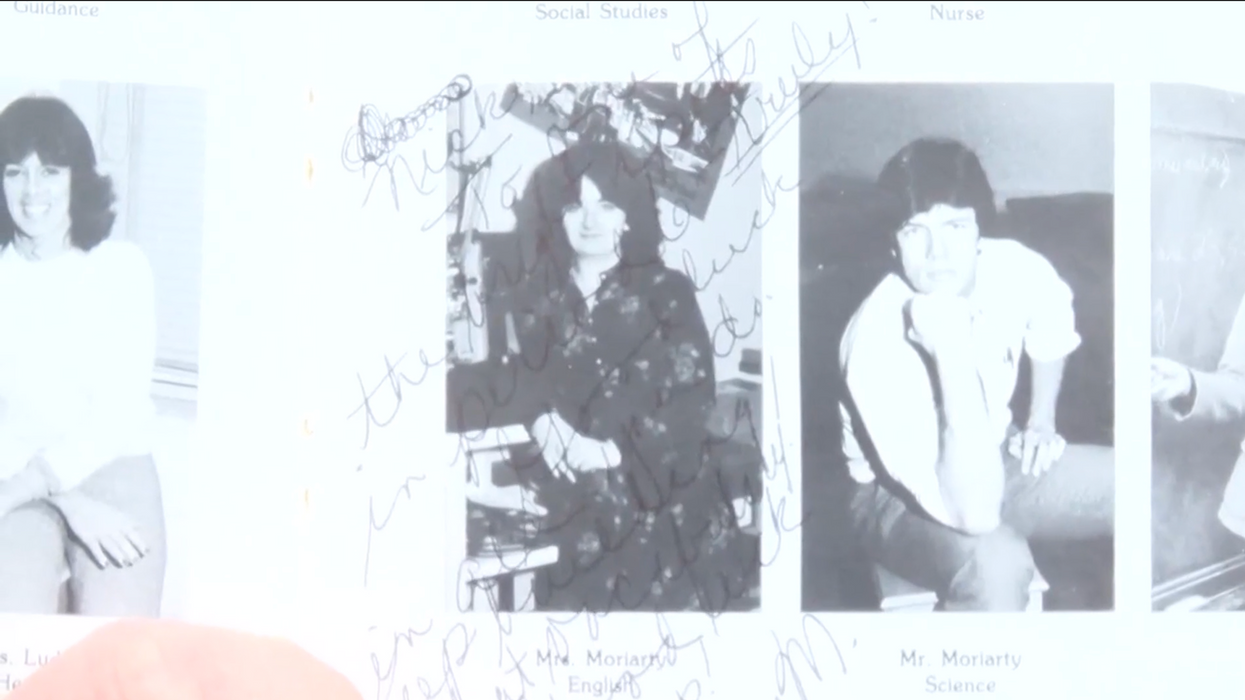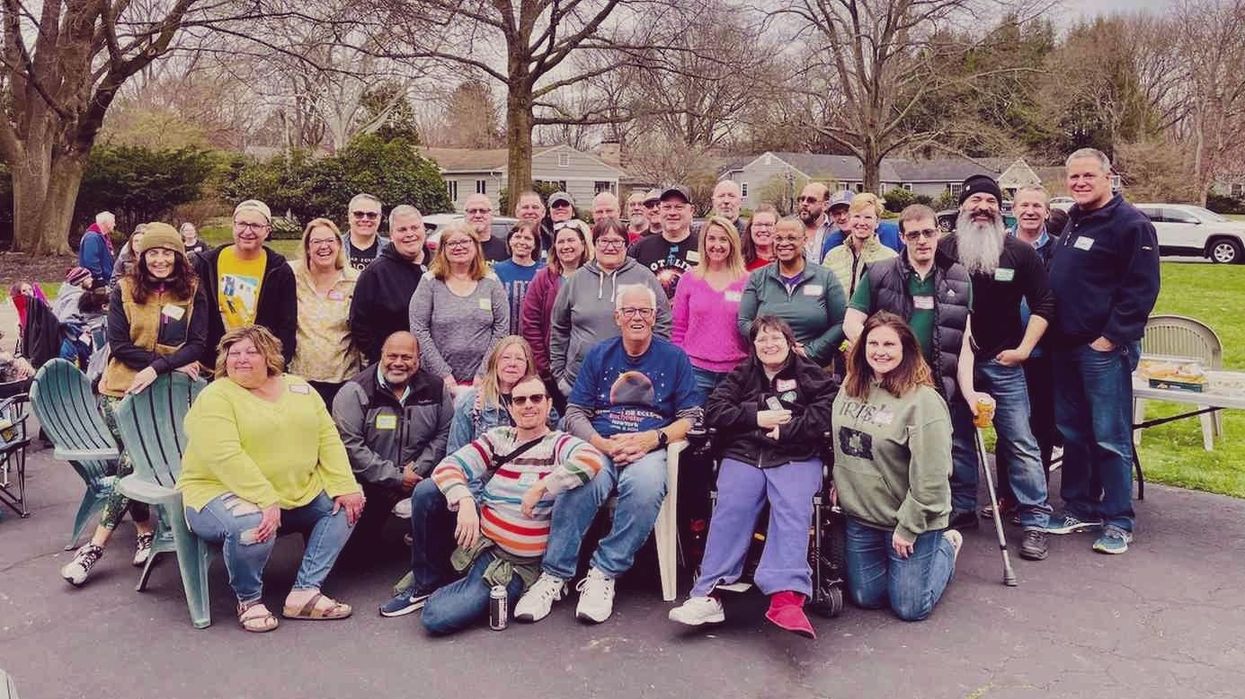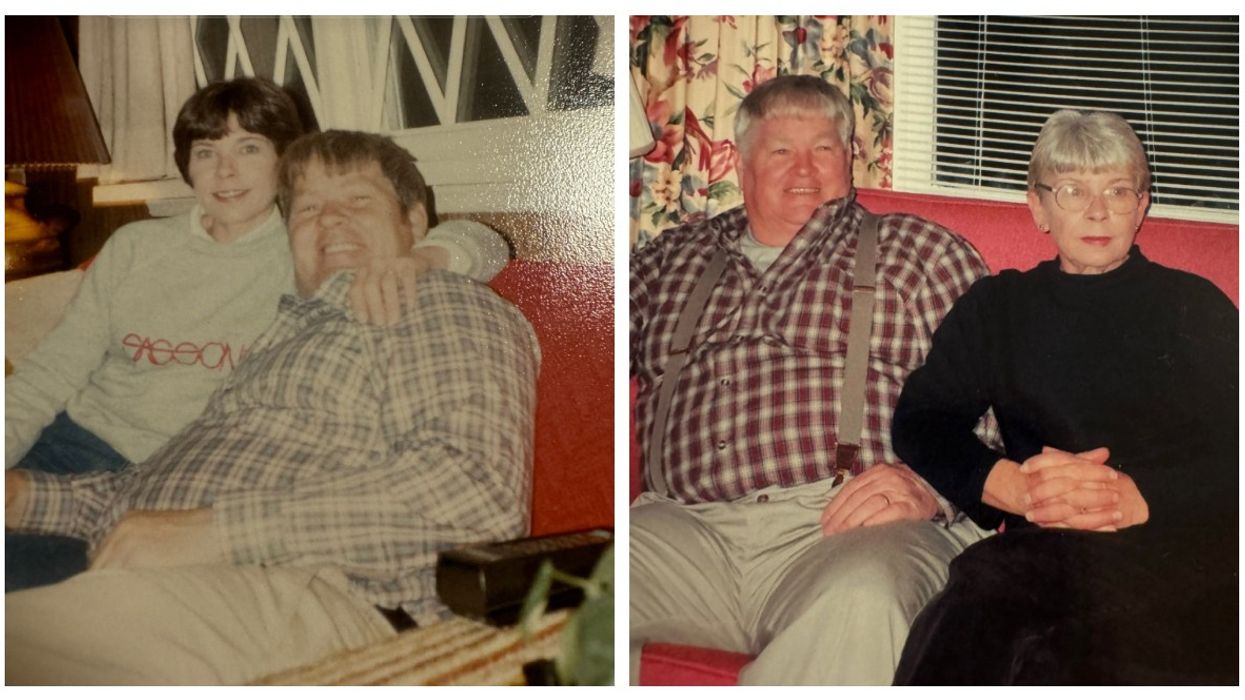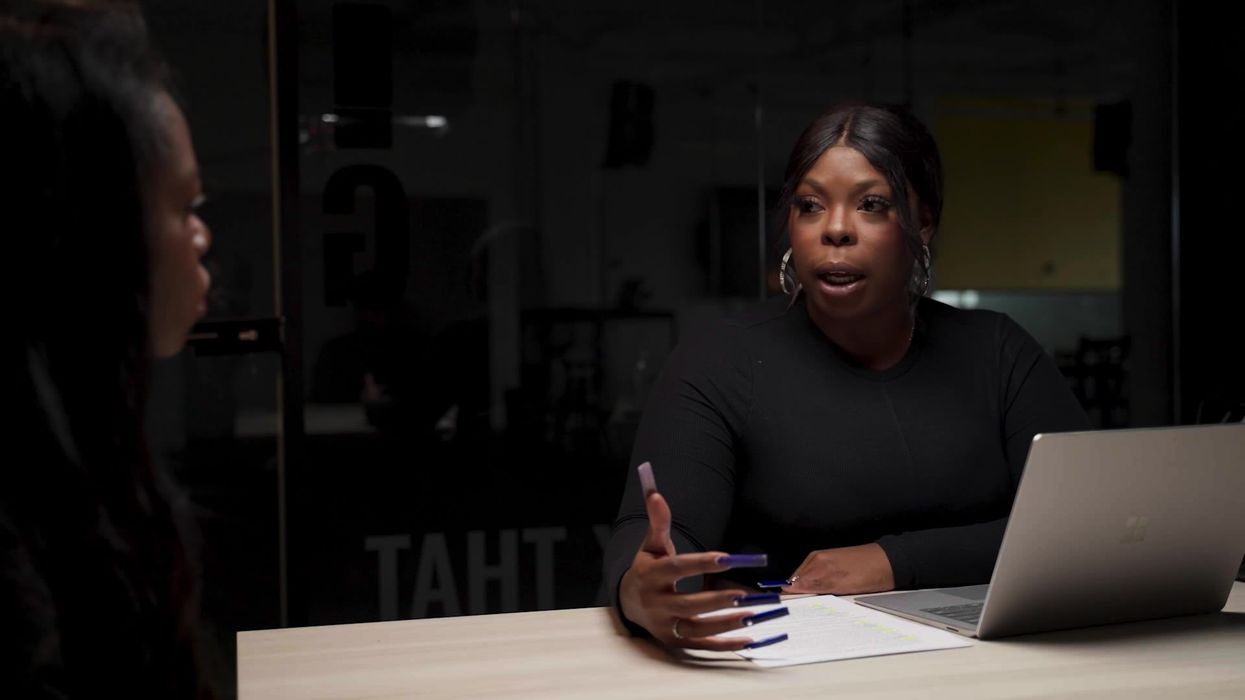
5 Ways to Reduce Occupational Stress and Start Loving Your Job
Professional life, no matter how much you love your job, can be stressful. Reasons for occupational stress can vary, from excessive workload to low salaries and problems with managers. Yet one thing is always true: both people and organizations are impacted negatively by stress in the workplace.
As a person who was happily recruited by an executive search company, I have my own experience of coping with stress at work. Here are a few tips that might help you to overcome occupational stress.
5 Ways to Reduce Occupational Stress and Start Loving Your Job
For fast-acting relief, try slowing down.- Lily Tomlin
1. Get physical
There are tons of studies showing the positive impact of sports and other physical activities on human health, both physical and mental. The more you move, the less you get stressed. A few years ago, Harvard Health Publications published a report describing how people can cure themselves of stress and relax more by exercising. Of course, many might immediately complain that they don't have the time to exercise enough. But there are always ways to move more.
I, for instance, prefer stairs to the elevator. My boss walks around the office when talking on the phone and arranges his meetings outside at a good walking distance from our office. You can do the same when talking on the phone. If you want a cup of coffee, go get it by yourself instead of asking your colleague. Or go for a walk after lunch, even if it's just around the office building.
2. Take a break
Think of the last time when you worked non-stop for a few hours. How did you feel? Working non-stop might bore and stress you after some time, and working without breaks is not good for long-term productivity either. Even high-ranking managers like Robert C. Pozen acknowledge that the employees who spend the most time working are not the most productive ones.
In order to keep calm and not get stressed, I usually take a break for a cup of coffee, read an article on one of the websites I follow, or talk to colleagues. That way, I refresh my mind and return to work more ready and eager.
3. Have an inspiring morning ritual
Everybody has a morning ritual. Waking up in the morning and having a quick breakfast is one kind of morning ritual. It's better, however, to find a morning ritual that is going to make us more motivated and inspired throughout the day.
Many think that a morning ritual is limited to out-of-work time. Not necessarily, writes Marcel Schwantes, founder of Leadership from the Core. He says that your morning ritual can start even at your office. I have tried many different ways to start a productive day: jogging, waking up early, reading emails first and organizing the daily schedule. However, none of those helped. Moreover, I got stressed instead of getting motivated.
Gradually and over a long time, I found my own morning program that proved to be right: having a cup of coffee while listening to relaxing and inspirational music (90% of the time it is Ravel's Bolero). Later, I would continue by filling in my daily agenda. It is simple but works for me.
4. Get the most of your personal time
We have both professional and personal lives that should be separated from each other for the sake of living a healthy and happy life. Dr. Shawn M. Burn writes in Psychology Today about the importance of maintaining work-life balance, saying that not only do we need to work on our non-work selves, but also have time for our well-being. Many people forget about this important rule and sooner or later find themselves in the vibrant chaos of work and home. It is important to work on your work-life balance.
How to do that? Unplug. Turn off your computer, block your email notifications on your smartphone, and do not respond to incoming work-related calls. Enjoy your after-work time and weekend. Go somewhere, spend time with loved ones, and most importantly, spend time with yourself: read something, watch something, practice sports or a hobby. During lunch time, which is usually an hour, take all the time you need for a break. Eat your lunch slowly, enjoy it. If you finish it before your lunch time ends, then go for a walk or talk to colleagues. Do not rush back to your desk.
5. Take regular vacations
Contrary to what you might think, working without a vacation is not going to get you anywhere good. First, no one is going to praise you for not taking a vacation. Second, your ability to work and deliver great results is only undermined by your depriving yourself of crucial vacation and relaxation time. Studies show that vacations are essential for improving productivity, preventing heart disease, improving sleep quality, and alleviating stress.
I did not take a vacation for more than a year after being employed, because I believed I would accomplish more and advance my career. Yet after a year of working without vacation, I noticed that I was feeling down and was less able to work under pressure than I had been at the beginning. The problem was solved when I decided to plan a short trip to Europe. The few days spent away from work not only made me feel relaxed and happy, but allowed me to return to work with renewed enthousiasm, and to finish the year with better results.
Nowadays, it seems stress is present in every aspect of our daily lives. It can affect us at home. It can affect us at work. It can even affect us while commuting between the two.
It's time you started to prioritize your emotional well-being, and decided to stop letting stress get the best of you.




















 Two of Mr. Moriarty's students pose with their yearbook from 1982.WHAM via CNN / Video
Two of Mr. Moriarty's students pose with their yearbook from 1982.WHAM via CNN / Video man holding a yearbookWHAM via CNN / Video
man holding a yearbookWHAM via CNN / Video Black and white photos from school yearbookWHAM via CNN / Video
Black and white photos from school yearbookWHAM via CNN / Video Patrick Moriarty (center, blue shirt) and a group of his former students watched the solar eclipse together on Monday in New York.Caitlin Moriarty Hynick
Patrick Moriarty (center, blue shirt) and a group of his former students watched the solar eclipse together on Monday in New York.Caitlin Moriarty Hynick











